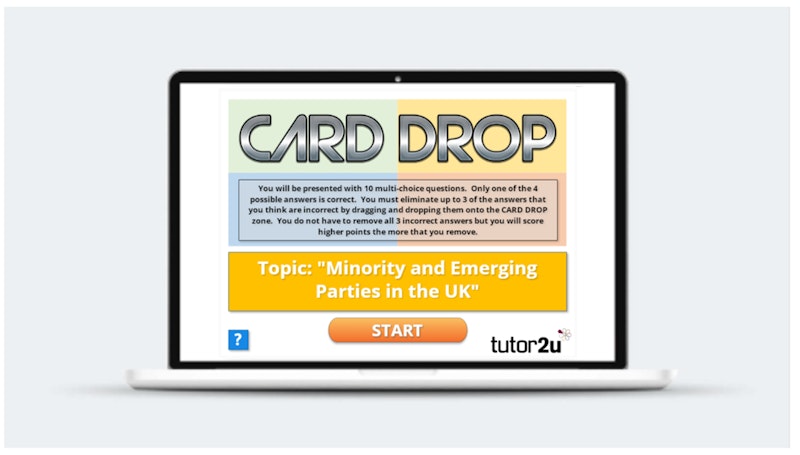In the News
UKIP, its leadership and minority and emerging parties

15th February 2018
On Saturday, there will an extraordinary meeting of members of UKIP when a vote of no confidence will be held for its leader Henry Bolton. Should Bolton lose, UKIP will have to find a fifth leader in the space of 18 months. If Bolton remains, he has promised to 'drain the swamp' of malcontent members and reform the party.
All of this is significant, of course, as UKIP has played an integral part in shaping politics in the UK over the last decade. We shouldn't forget that, as we speak, UKIP still has 19 MEPs, comparing well to the Conservative and Labour Party's 20. The question is, however, how relevant is UKIP after their primary goal of achieving a UK withdrawal from the EU was achieved following the 2016 referendum? With a poor showing in recent local elections, are we looking at the end of UKIP as a political force?
For Politics students following the new specification, UKIP also has significance. Alongside the growth of the SNP in Scotland, British politics is seeing the increasing impact of minor and emerging parties on political strategy. Would the 2016 EU referendum have even been held if UKIP had not rose to prominence? How much sway does the small group of 10 DUP MPs have on the Government given the lack of an outright Conservative majority in Parliament? With the balance of power so precarious, what is the impact of the 7 Sinn Féin MPs refusing to attend Westminster debates and votes?
To support this topic, we've just added a 10 question multi-choice Card Drop quiz on minority and emerging parties to our learning activities.

You might also like
First Past The Post (FPTP) - Introduction
Study Notes

Rise of the SNP: the inside story
20th September 2015

Getting started on AS politics - PowerPoint games
6th September 2016
Nigel Farage has quit the leadership of Reform UK
9th March 2021
Great backgrounder on the potential break-up of Britain
19th April 2021
Devolution problems: legal conflict between Holyrood and London
11th December 2023
Nigel Farage and the role of third parties
5th January 2024
GE24: the Farage effect
2nd July 2024